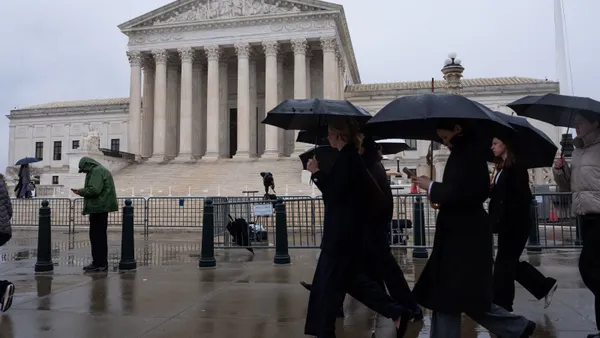For many new contractors, bonding presents a chance to bid on larger or public contracts. But lack of familiarity with underwriting requirements—financial statements, work-in-progress schedules, character and credit history— can hold them back and prevent them from obtaining surety bonds.
To help overcome those barriers, several leading surety groups and carriers are stepping up their educational efforts – especially for firms who are small and owned by minority, veteran, or otherwise under-represented groups. The programs aim to explain the bonding process, clarify what underwriters look for, and help newer firms become “bond-ready.”
SFAA / NASBP contractor bonding education & mentoring program
The Surety & Fidelity Association of America (SFAA) and the National Association of Surety Bond Producers (NASBP) have jointly developed a free Contractor Bonding Education & Mentoring Program targeting emerging contractors—particularly minority-, women-, and veteran-owned firms. The program offers two main components:
- On-demand eLearning modules, available 24/7, that cover core topics: what surety bonds are for, how to apply, what documentation is required, and how traditional and transactional bond underwriting work. Based on the user’s situation, one of several learning paths is recommended
- Mentoring by industry professionals, offered once the educational modules are completed, so that emerging contractors can get advice on next steps to qualify for their first bond or improve their bonding program
This program reflects an effort to close knowledge gaps as well as to build relationships among contractors, agents, and underwriters.
Government / SBA resources
The U.S. Small Business Administration (SBA) plays a supportive role by helping contractors and surety agents understand the contingency programs that guarantee bonds, especially for small businesses.
- SBA offers Surety Partner Training, covering how surety agents prepare guarantee applications, how to use their eApplication system, how to determine size eligibility, and how to navigate both quick and standard applications.
- The SBA’s Surety Bond Guarantee (SBG) Program itself provides contractors who might not qualify under standard surety market conditions access to bid, performance, and payment bonds by guaranteeing part of the surety’s risk.
Carrier-led training: For surety agents to serve contractors
Carriers recognize that surety agents often need more practical, up-to-date knowledge to better serve their contractor clients. Some of them, like Merchants Bonding Company, have been active in this space:
- Merchants’ internal program, Merchants University, delivers education for agents, including webinars and live training that cover topics like underwriting criteria, bond form language, claims processes, basics of contract surety vs. commercial surety.
- Continuing Education (CE) webinars are also part of the offering; for example, a recent webinar covered court and probate bonds, giving agents extra hours of state-approved CE credits, while expanding their skill sets.
Why these efforts matter
For contractors, these education programs aim to reduce surprises, enable better applications, and help build confidence.
Agents and underwriters also benefit, since better prepared applicants mean faster decisions, fewer corrections, and stronger relationships. And from an industry perspective, expanding the pool of bond-qualified contractors promotes competition, diversity, and potentially better value in construction contracts.
With many of these programs ongoing and evolving, the surety industry appears to be increasingly serious about outreach and training. For small contractors wondering how to get into bonding, it’s no longer just about knowing who to ask—it’s about being ready to meet the criteria, and there are more tools than ever to help them do so











